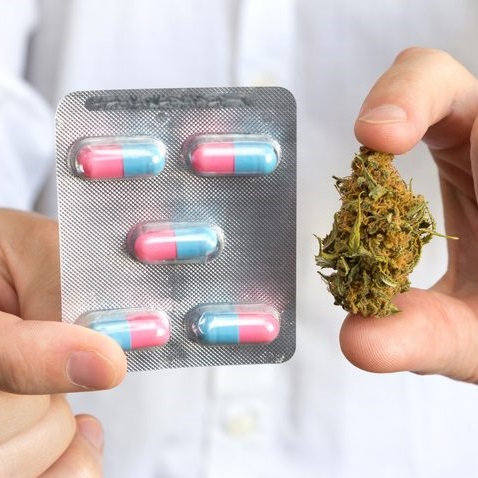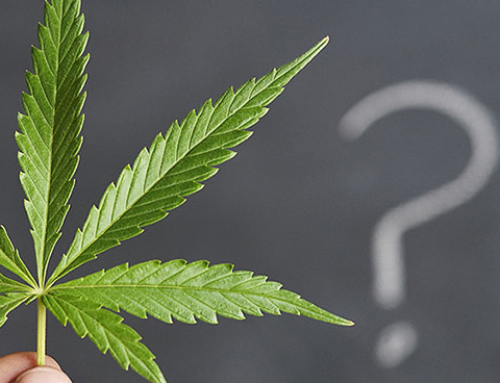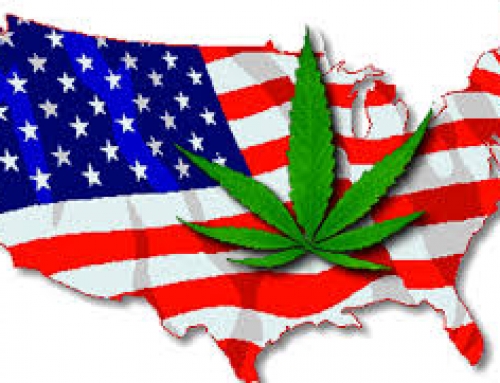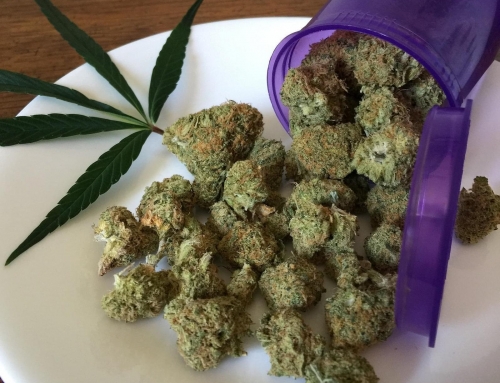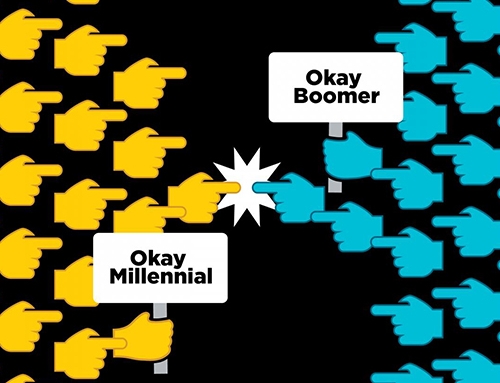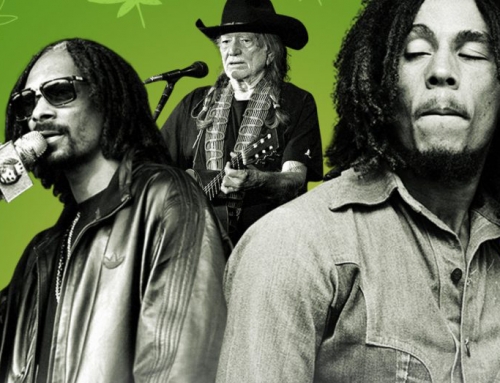A lot of questions come up when you consider using medical marijuana to relieve pain or treat a condition.
Is it legal where I live? If so, what kind should I use? How much should I use? And how often should I use it? Many people in this situation also ask themselves: Will my health insurance plan cover medical weed?
Unfortunately, the answer to that last question amounts to a single word: no. Health insurance does not cover medical pot.
If you’re thinking of turning to weed, pot, bud, kush – whatever you want to call it – to combat muscle stiffness, nausea, lack of appetite, and more, don’t expect your health plan to pay for it.
At the moment, no health insurance covers medical weed. Not the kind you get from an employer. Not the kind you get from the government-run (“Obamacare”) marketplace. Not the kind you get from Medicare or Medicaid.
That answer leads to a lot of other questions, of course, such as:
- Why doesn’t health insurance cover medical marijuana?
- Do any health plans cover CBD oil or synthetic marijuana?
- Will health insurance plans ever cover medical marijuana?
- Can medical marijuana actually make health insurance cheaper?
- Are there special health insurance plans that help pay for medical marijuana?
- Can you use flexible spending accounts or health savings accounts to pay for medical marijuana?
- How much does medical marijuana, synthetic marijuana, and CBD oil cost?
Keep reading for answers to these questions and more.
Why Doesn’t Health Insurance Cover Medical Marijuana?
In 1996, Californians voted to legalize the use of “medical weed” in their state.
Since then, 28 other states, plus Washington D.C. have followed suit. As have the US territories of Guam and Puerto Rico.
Given that, you might think at least some health insurance plans would cover medical cannabis. But that’s not the case.
The biggest reason for that: federal law. You can “blame” the Controlled Substances Act.
As of now, marijuana is a “Schedule 1” drug under the law. This class of drugs – heroin and ecstasy are two other examples – has “a high potential for abuse” and “no currently accepted medical use.”
That means, according to federal law, Americans who use pot to treat health issues can’t legally possess, sell, give away, or grow it. Even if they’re living in one of the 31 states or territories mentioned earlier.
It also means doctors, physicians, and other healthcare providers can’t prescribe marijuana to patients. (Though they can recommend or authorize it thanks to the First Amendment.) And it means insurance companies and plans can’t – or won’t – cover it.
Federal law isn’t the only thing keeping insurers from covering medical weed. The FDA and the lack of clinical research play important roles, too.
All three of those “culprits” are intertwined.
You see, insurance companies rarely cover drugs the FDA hasn’t approved. And the FDA won’t approve marijuana until research proves it’s a safe and effective medical treatment. But that research can’t be done if growing, possessing, and using weed is federally illegal.
Even if weed becomes federally legal and the FDA eventually approves the drug for medical use, that may not lead to health insurance coverage of it.
Unless all, or at least most, health insurers agree to cover medical cannabis, none of them may cover it. Or it may take them a long time to start covering it. It’s a big risk for insurers. And insurance companies don’t want to be known as the one that covers patients who use the substance.
Do Any Health Plans Cover CBD Oil or Synthetic Marijuana?
Not everyone who uses pot for medical reasons smokes it. Some cook with it and then eat the resulting dish or food item. Some brew it into tea and drink it. Some vaporize it, spray it under their tongues, or apply it to their skin.
And some don’t use “real” marijuana at all. That is, the green bud that is commonly associated with marijuana. They use cannabidiol or CBD oil. Or they use one of the synthetic forms of marijuana that have popped up in recent years.
Cannabidiol is a compound extracted from the cannabis plant. It isn’t the compound that causes people to feel “high” after using weed, though. That compound is tetrahydrocannabinol, also known as THC. So, what does CBD do for folks who use it? First, it’s non-intoxicating, so users don’t experience the high associated with weed. Second, Leafly states that people use CBD to treat several issues:
- Pain and inflammation
- PTSD and anxiety
- Crohn’s disease
- Multiple sclerosis
- Opioid withdrawal
- Epilepsy and seizure disorders
At the moment, only that last form of treatment has any scientific support. An FDA advisory panel just recommended approval of an epilepsy drug, Epidiolex, that contains CBD. If the FDA approves, it would become the first cannabis-derived prescription medication in the US, according to The New York Times.
As for synthetic weed, the FDA has approved three prescription drugs that contain synthetic forms of marijuana compounds or chemicals.
One example is Cesamet. Its active ingredient is nabilone, which the FDA says “has a chemical structure similar to THC.” Unlike THC, nabilone is synthetic. Physicians prescribe Cesamet to cancer patients who struggle with nausea and vomiting following chemotherapy treatments.
Marinol and Syndros are the two other FDA-approved synthetic forms of marijuana on the market. They’re used to treat nausea and vomit, too, but they also can help improve the appetite of people who have AIDS.
That’s all well and good, of course. Except for one thing: many people who’ve used actual pot as well as these substitutes swear the synthetics aren’t as good as the real deal. For starters, it can take the “fake” drugs a long time to kick in; plus, they’re apparently linked to an increased risk of depression and anxiety.
Regardless, the FDA’s approval of these drugs means your health insurance plan should cover them, right? Actually, that is the case when it comes to Cesamet, Marinol, and Syndros. And it’ll probably be the case if the agency approves Epidiolex.
Even then, don’t assume your health coverage will help you pay for these medications. It may or it may not. It’s not illegal for it to do so, however – which isn’t the case for medical marijuana.
You can assume that your health insurance policy won’t cover CBD or synthetic cannabis products beyond Cesamet, Marinol, and Syndros. In other words, it won’t cover CBD oil you buy at a local dispensary. And it won’t cover the “K2” or “Spice” you purchase online.
The most likel
y reason for that lack of coverage is both types of products are unregulated. And in the case of CBD oil, there’s the added problem of some of it being illegal, too. CBD oil made from industrial hemp isn’t because it contains almost no THC. CBD oil made from marijuana, however, is because it can contain quite a bit of THC (and can make you feel high).
Will Health Insurance Ever Cover Medical Marijuana?
Health insurance policies may someday cover medical marijuana. And CBD oil, too. Right now, though, that day seems far off.
Why? The federal government doesn’t appear to be in a hurry to legalize pot for medical use. Or any use, for that matter.
You never know, though. This situation could change. Especially considering how many Americans use weed for help with various ailments, and how many of them support legalization. As more and more states legalize marijuana – for medical or recreational use – we could see a snowball effect.
And a 2017 Yahoo News and Marist University survey found that more than 55 million Americans currently use weed. 35 million are monthly users. And 83 percent of Americans support legalizing medical pot.
But still, changing the law won’t immediately change how health insurance plans treat the drug. But it is the first step. Beyond legalization, insurers will require more clinical trials to establish marijuana’s medical uses. Then, the FDA has to approve it for medical use.
Even after all of that comes to pass, insurance companies will have to decide to cover it. And that’s far from a sure bet.
Can Medical Marijuana Make Health Insurance More Affordable?
QuoteWizard helps people across the country compare different health insurance plans. QuoteWizard’s data found that people in states WITHOUT legal weed, shop for health insurance at twice the rate of people in states with legal weed. Why is that? While it’s hard to draw firm conclusions from the data, there are a few possibilities:
- People who have legal access to weed are less reliant on regular health care.
- Using legal pot is a viable alternative to some types of prescription medication.
- People in states with legal cannabis are more open to alternative forms of medication which often aren’t covered by insurance.
- Pot makes you so healthy that you don’t need health insurance. Or maybe it makes you so lazy that you forget to shop for health insurance.
Since pot legalization is a relatively recent trend, there’s a dearth of reliable data and studies to confirm or deny the claims above.
But one study does echo the finding of point number 2 above. Health Affairs, a “leading journal of health policy thought and research,” did a study on medical marijuana and Medicare. The study found that Medicare users in states with medical marijuana rely considerably less on certain prescription drugs. Specifically, prescription drugs “of which marijuana could serve as a clinical alternative.” With patients choosing weed instead of prescription meds, the study estimates that Medicare saved $165.2 million thanks to medical pot.
Health Affairs published another study focusing on Medicaid, and the findings are similar. Medicaid prescription drug use dropped in states with medical marijuana. The study concludes that “if all states had had a medical marijuana law in 2014, we estimated that total savings for fee-for-service Medicaid could have been $1.01 billion.”
While it’s too early to make any firm conclusions, early signs are promising. If this trend continues, medical marijuana will help make health insurance cheaper.
Are There Special Health Insurance Plans That Cover Medical Marijuana?
At the moment, no.
Federal law that makes it illegal to use cannabis in any way. There is no FDA approval for medical marijuana. And there is a lack of clinical research and trials that prove marijuana is safe and effective to treat various medical problems.
It’s easier to find a company that will insure your medical weed business than it is to find an insurer that will help you buy the drug for personal medical use.
Are you looking for health insurance coverage? Before you spend too much time shopping around, read our article: “Which Type of Health Insurance Plan is Right for You?” And see this one, too: “Everything You Need to Know to Apply for Health Insurance.”
Other Frequently Asked Questions

Q: Can you use flexible spending accounts or health savings accounts to pay for medical marijuana?
A: Both FSAs and HSAs allow people to pay for medical treatments, services, and products their health insurance plans won’t cover. Given that, you might think you could use them to buy medical marijuana. Unfortunately, you can’t.
Why? Pot is federally illegal even if you use it to treat a medical problem. And you can’t use either of these spending and savings accounts to purchase illegal substances.
Something you may be able to use your FSA or HSA funds for: Cesamet, Marinol, or Syndros prescriptions. Granted, physicians only prescribe these medications to people in rare situations (and often after they’ve exhausted their treatment options), but at least it’s a possibility.
You also may be able to use your FSAs or HSAs to pay for doctor visits that relate to your medical marijuana recommendation or use. This isn’t always the case, though, so check with your HSA or FSA provider before. After all, you’ll pay if you misuse this money. Even if it’s an accident. Not only will you pay taxes on that amount, but you’ll also pay a sizable penalty.
To learn more about HSAs, read this article of ours: “What’s a Health Savings Account? Do I Need One?”
Q: What can you do if you need medical marijuana and can’t afford it?
A: Here are a few options:
- Some states reduce their medical cannabis registration or “patient card” fee for people on government assistance. If you’re in that situation, contact your state’s program and see if you’re eligible for such a discount.
- Make sure you register with your state’s medical marijuana program or get a patient card if you’re at all able to do so. This is a must if you want to buy marijuana from a medical dispensary. And you want to buy from a medical rather than a recreational dispensary, because the product sold by medical dispensaries tends to be cheaper.
- In some states with recreational cannabis, medical patients qualify for a tax exemption. In other words, if you have medical authorization to use cannabis, you may not need to pay state taxes at a recreational cannabis store.
- Just like shopping around is helpful when you’re looking for health insurance
, it’s also helpful when you’re looking for medical pot. In other words, check out all the dispensaries in your area. Compare what they charge for what you need before making a purchase.
Q: How much does medical marijuana, synthetic marijuana, or CBD oil cost?
A: As you might imagine, pinpointing what you’ll pay for any of these products is not easy. Several factors determine the cost of cannabis and related products.
According to marijuanadoctors.com, how much you spend on medical marijuana depends on:
- Where you buy it
- How much competition there is in your area
- How much you purchase
- What kind of weed you purchase (the higher the quality, the higher the price)
- When you buy it (you may pay less if you buy it right after it’s harvested in the fall)
In general, you should expect to pay around $40 for an eighth of an ounce of marijuana, according to forbes.com. That’s just an average, though. You may well spend more than that in a city like San Francisco, while you’ll spend less in, say, Portland or Denver.
Also, that figure represents the average cost of recreational pot. In many areas, medical marijuana costs less than recreational. So, it might be worth your while to get a recommendation from a doctor so you can buy medical rather than recreational cannabis.
Figuring out what you’ll pay for synthetic weed or CBD oil is just as difficult.
This leafly.com article from 2017 suggests you can spend from as little as five cents to as much as 60 cents per milligram for CBD oil. That adds up to anywhere between $30 and more than 150 per bottle. (Depending on how much oil the bottle in question contains, of course.)
Again, though, a number of factors determine how much CBD oil costs in your area, including where you buy it and what kind you buy.
Synthetic marijuana (the gas station stuff, not the doctor prescribed kind) costs a lot less than medical pot or CBD oil. Before you go down that road, read up on the many problems associated with “fake weed.” Start with these eye-opening CNN, Rolling Stone, and Slate reports. If you don’t want to read it, we’ll make it easy for you: don’t use synthetic weed.
Q: Why do people use medical marijuana? What health issues and conditions can medical marijuana help with or treat?
Some 55 million Americans use the substance either recreationally or to relieve health issues.
Those people do so to treat a lot of different issues or conditions. A few examples:
- AIDS
- Amyotrophic lateral sclerosis (also ALS or Lou Gehrig’s disease)
- Anorexia
- Cancer
- Crohn’s disease
- Epilepsy
- Multiple sclerosis
Many people use it in other, more general ways, too. Some use it to relieve pain if traditional pain relievers don’t work or come with harmful side effects. Some use it to relieve nausea or loss of appetite. Some use it to calm anxiety.
If you think you could benefit from medical marijuana, talk with your doctor or physician before you start using it. Weed interacts with many medicines, and some of those interactions can be dangerous.

